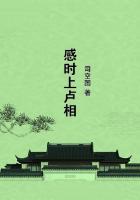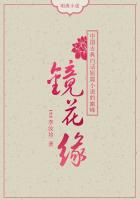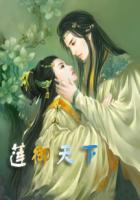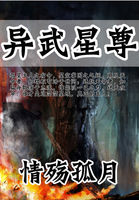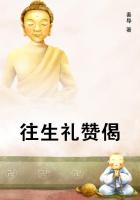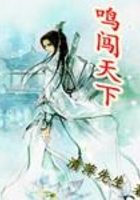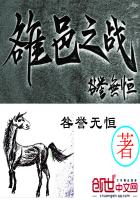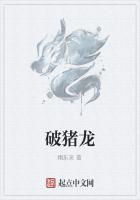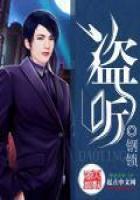Whatever the reason for their coming, the Etruscans played a great role in history. They carried the pollen of the ancient civilisation from the east to the west and they taught the Romans who, as we know, came from the north, the first principles of architecture and street-building and fighting and art and cookery and medicine and astronomy.
But just as the Greeks had not loved their AEgean teachers, in this same way did the Romans hate their Etruscan masters.
They got rid of them as soon as they could and the opportunity offered itself when Greek merchants discovered the commercial possibilities of Italy and when the first Greek vessels reached Rome. The Greeks came to trade, but they stayed to instruct. They found the tribes who inhabited the Roman country-side (and who were called the Latins) quite willing to learn such things as might be of practical use. At once they understood the great benefit that could be derived from a written alphabet and they copied that of the Greeks.
They also understood the commercial advantages of a well- regulated system of coins and measures and weights. Eventually the Romans swallowed Greek civilisation hook, line and sinker.
They even welcomed the Gods of the Greeks to their country. Zeus was taken to Rome where he became known as Jupiter and the other divinities followed him. The Roman Gods however never were quite like their cheerful cousins who had accompanied the Greeks on their road through life and through history. The Roman Gods were State Functionaries. Each one managed his own department with great prudence and a deep sense of justice, but in turn he was exact in demanding the obedience of his worshippers. This obedience the Romans rendered with scrupulous care. But they never established the cordial personal relations and that charming friendship which had existed between the old Hellenes and the mighty residents of the high Olympian peak.
The Romans did not imitate the Greek form of government, but being of the same Indo-European stock as the people of Hellas, the early history of Rome resembles that of Athens and the other Greek cities. They did not find it difficult to get rid of their kings, the descendants of the ancient tribal chieftains. But once the kings had been driven from the city, the Romans were forced to bridle the power of the nobles, and it took many centuries before they managed to establish a system which gave every free citizen of Rome a chance to take a personal interest in the affairs of his town.
Thereafter the Romans enjoyed one great advantage over the Greeks. They managed the affairs of their country without making too many speeches. They were less imaginative than the Greeks and they preferred an ounce of action to a pound of words. They understood the tendency of the multi- tude (the "plebe," as the assemblage of free citizens was called) only too well to waste valuable time upon mere talk. They therefore placed the actual business of running the city into the hands of two "consuls" who were assisted by a council of Elders, called the Senate (because the word "senex" means an old man). As a matter of custom and practical advantage the senators were elected from the nobility. But their power had been strictly defined.
Rome at one time had passed through the same sort of struggle between the poor and the rich which had forced Athens to adopt the laws of Draco and Solon. In Rome this conflict had occurred in the fifth century B. C. As a result the freemen had obtained a written code of laws which protected them against the despotism of the aristocratic judges by the institution of the "Tribune." These Tribunes were city- magistrates, elected by the freemen. They had the right to protect any citizen against those actions of the government officials which were thought to be unjust. A consul had the right to condemn a man to death, but if the case had not been absolutely proved the Tribune could interfere and save the poor fellow's life.
But when I use the word Rome, I seem to refer to a little city of a few thousand inhabitants. And the real strength of Rome lay in the country districts outside her walls. And it was in the government of these outlying provinces that Rome at an early age showed her wonderful gift as a colonising power.
In very early times Rome had been the only strongly fortified city in central Italy, but it had always offered a hospitable refuge to other Latin tribes who happened to be in danger of attack. The Latin neighbours had recognised the advantages of a close union with such a powerful friend and they had tried to find a basis for some sort of defensive and offensive alliance.
Other nations, Egyptians, Babylonians, Phoenicians, even Greeks, would have insisted upon a treaty of submission on the part of the "barbarians," The Romans did nothing of the sort. They gave the "outsider" a chance to become partners in a common "res publica"--or common-wealth.
"You want to join us," they said. "Very well, go ahead and join. We shall treat you as if you were full-fledged citizens of Rome. In return for this privilege we expect you to fight for our city, the mother of us all, whenever it shall be necessary."
The "outsider" appreciated this generosity and he showed his gratitude by his unswerving loyalty.
Whenever a Greek city had been attacked, the foreign residents had moved out as quickly as they could. Why defend something which meant nothing to them but a temporary boarding house in which they were tolerated as long as they paid their bills? But when the enemy was before the gates of Rome, all the Latins rushed to her defence. It was their Mother who was in danger. It was their true "home" even if they lived a hundred miles away and had never seen the walls of the sacred Hills.





